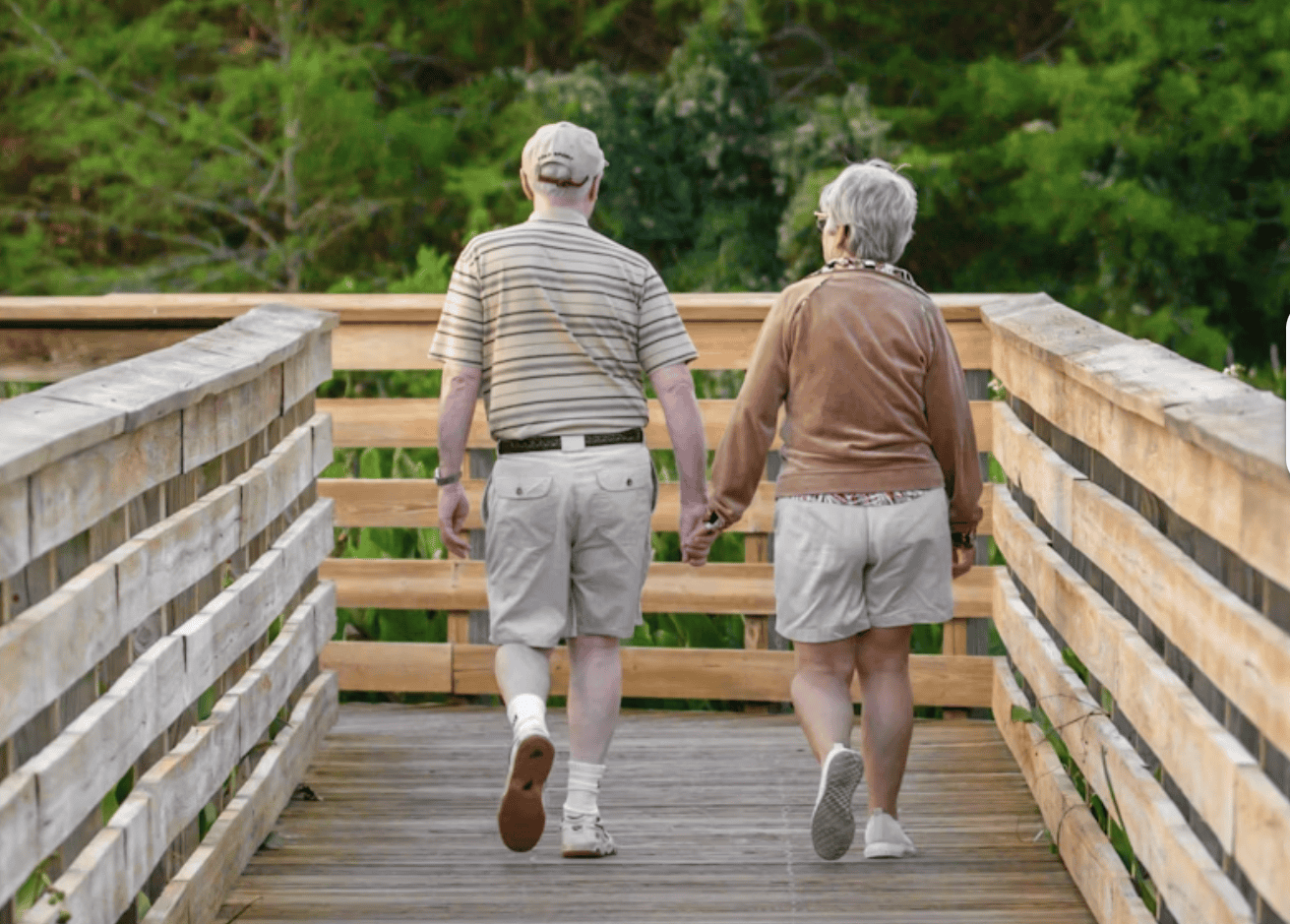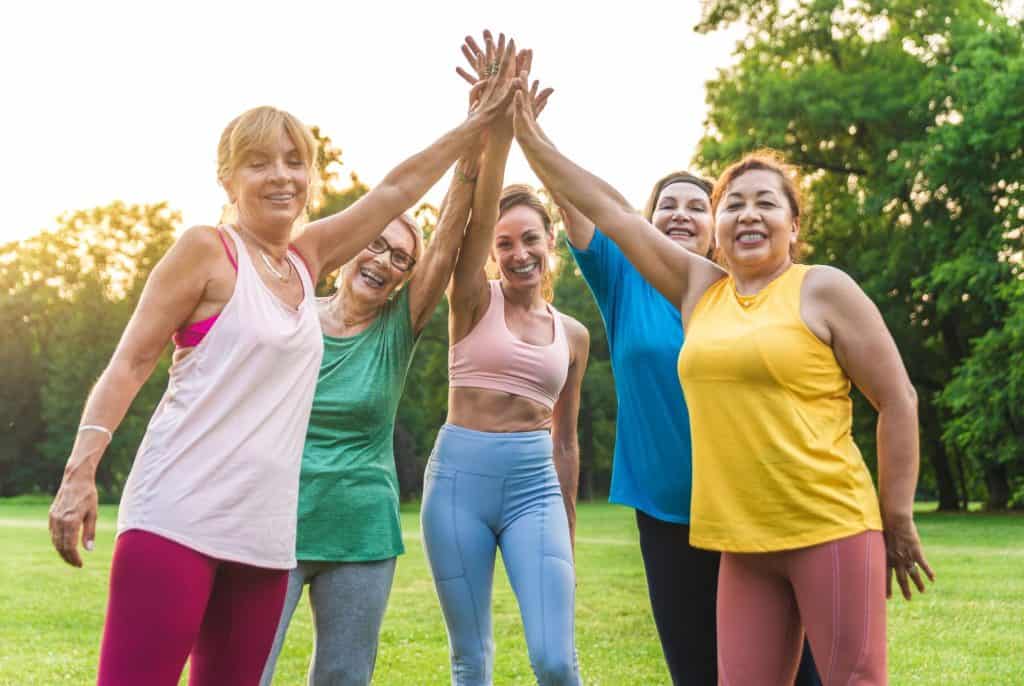How Simple Fitness Routines Can Support Independence and Confidence for Aging Adults

Promoting independence and confidence among aging adults is a vital aspect of ensuring their quality of life. As individuals age, the challenges of daily living can become more pronounced, leading to decreased physical fitness, emotional well-being, and overall confidence. Simple fitness routines can play a crucial role in counteracting these issues, supporting mental and emotional resilience.
The Importance of Physical Fitness for Seniors
Physical fitness is pivotal for maintaining overall health, particularly for older adults. It helps reduce the risk of chronic diseases such as heart disease, diabetes, and arthritis. The World Health Organization states that engaging in regular physical activity can decrease the risk of falls, which are a significant concern for seniors. More importantly, regular exercise improves muscle strength, coordination, and balance, effective strategies to combat the physical challenges aging brings.
Physical fitness goes beyond the physical benefits. Exercise releases endorphins, which are known to enhance mood and alleviate feelings of anxiety and depression. For seniors grappling with loneliness or a sense of loss of independence, maintaining an active lifestyle can foster a sense of achievement and purpose. Adopting a simple fitness routine can thus become a crucial factor in their mental and emotional health.
Types of Simple Fitness Routines
Simple fitness routines do not have to be complex or time-consuming. Many low-impact activities can be easily integrated into an aging adult’s daily life. Walking is the most accessible form of exercise, it can be done alone or with friends, providing valuable social interaction. Water aerobics, yoga, and strength training with resistance bands are other excellent choices for seniors, as they improve flexibility, strength, and endurance while being gentle on the joints.
Incorporating these activities into a routine can instill a sense of accomplishment. By setting achievable fitness goals, seniors can experience progression in their abilities. Even the simplest tasks, such as standing up from a chair several times or walking a few extra steps each day, can yield significant improvements. Appreciating these small victories helps build confidence in their capabilities, which promotes a more independent lifestyle.
Overcoming Barriers to Exercise
While it’s clear that fitness is beneficial for seniors, there can be significant barriers preventing them from engaging in regular exercise. Mobility issues, anxiety around falling, or a lack of social support can all contribute to these challenges. Addressing these concerns is vital for fostering a culture of fitness. Providing programs that offer strength training or balance exercises in a safe, supportive environment can encourage seniors to participate. For those who need more individualized guidance, personal training with experts like Rabbit Fit can offer tailored exercise programs that address specific mobility concerns and build confidence through proper form and technique. They are more likely to engage in fitness activities if they know others are joining them.
For aging adults facing substance use challenges, combining simple fitness routines with specialized addiction treatment programs for seniors can provide a comprehensive path to improved physical health, emotional resilience, and sustained independence. These programs address the unique needs of older adults, helping them overcome addiction while maintaining confidence and quality of life. By integrating fitness and recovery support, seniors gain a stronger foundation for overall well-being and longevity.
Education is another critical factor. Seniors need to understand the value and importance of maintaining their physical fitness. Informative workshops or community meetings can serve as an effective platform for educating them about the extensive health benefits of exercise. Having a guide to independent living for seniors can offer practical tips and motivation to start a routine that emphasizes independence. By empowering seniors with the right knowledge and tools, communities can foster a proactive approach to aging that promotes longevity, autonomy, and well-being.

Social Engagement through Fitness
Engaging in fitness routines is an outstanding opportunity for social interaction, which is particularly necessary for seniors who may face isolation. Group classes, running clubs, or community exercise groups naturally foster camaraderie. These settings provide a space for forming friendships, sharing experiences, and motivating one another. This network of social support can make a major difference in the commitment to maintaining a fitness routine.
Beyond formal arrangements, informal gatherings like walking with friends or family also promote social engagement. Taking time for these activities can improve mental health while creating opportunities for family bonding moments. The positive relationships forged in these scenarios contribute to a supportive atmosphere where seniors feel valued and confident.
Benefits of Simple Fitness Routines
The benefits of adopting simple fitness routines go beyond physical health. They encompass emotional and psychological aspects too. Regular exercise helps improve cognitive function, reducing the cognitive decline associated with aging. Active seniors generally report higher life satisfaction and a more positive outlook, driven significantly by their self-perception and independence.
Simple fitness routines can minimize health care costs in the long run by reducing the incidence of chronic diseases and enhancing well-being. Seniors who remain active typically require fewer medical interventions, leading to a healthier lifestyle.
Encouragement and Support for Aging Adults
To foster an environment that promotes fitness among seniors, the support of family, friends, and the community is essential. Families can encourage older adults to engage in simple fitness activities together, making exercise enjoyable and social. Organizing group outings to local parks or light fitness sessions can further motivate seniors to stay active. Safety also plays an important role. Choosing well-lit walking paths, ensuring proper hydration, and accompanying seniors during outdoor activities can greatly reduce risks. In addition, safety devices offer extra peace of mind. For example, Life Assure medical alert systems for seniors free canada, which provide no-fee equipment, 24/7 monitoring, GPS tracking, fall detection, and water-resistant wearable pendants, help older adults stay active while ensuring quick access to help whenever needed.
The integration of simple fitness routines in the daily lives of aging adults can greatly influence their independence and confidence levels. These routines aim to establish a comprehensive support system for lasting wellness. Encouraging seniors to engage in consistent exercise can lead to a more fulfilling life, characterized by a sense of accomplishment and vigor.
Incorporating simple fitness routines into daily life empowers aging adults to maintain their independence, boost their confidence, and improve overall well-being. With the right support and encouragement, seniors can enjoy a healthier, more active, and fulfilling lifestyle well into their later years.
